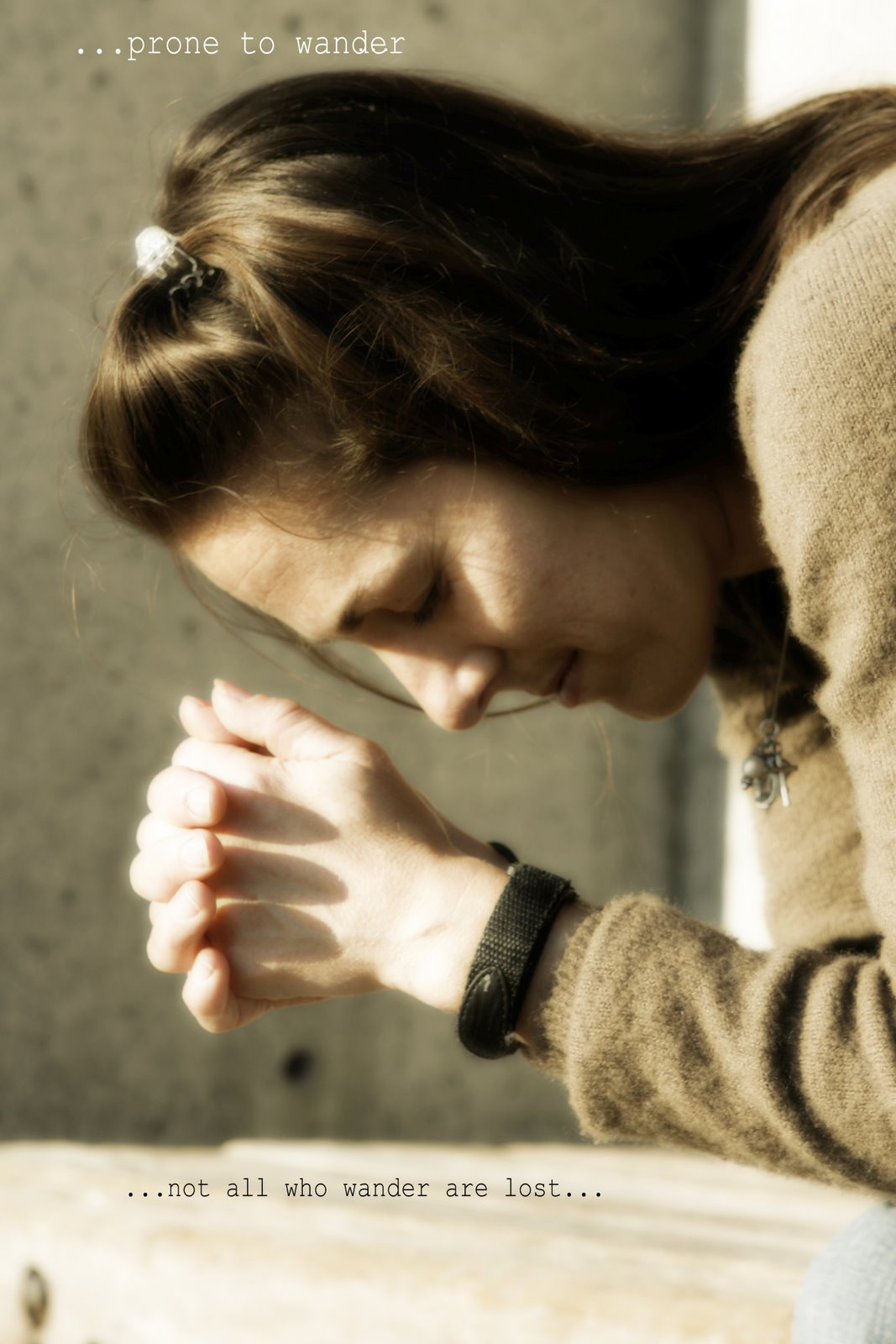Here is the quote: "American evangelicals reflexively harbor suspicions of tradition. In fact, most tend to toward being (rabidly) antitradition. Consequently, the past is overlooked as a significant source of direction. This leaves American evangelicals more vulnerable than most when it comes to cultural pressures and influences. In the absence of tradition, we tend to make up a new one, one not tested by time and more or less constructed by individuals or by a limited community. This anti-tradition animus arises from what has been labeled as historylessness."
That "historylessness" intrigues me. As I am exploring the idea of being Story-Formed, the question arises, what story will we listen to? Will it be a thin story - based on snipets and pieces from culture mixed with biblical principles - or will it me the thicker, much harder to navigate, stories that integrate tradition, history, the whole community of the people of God and the Bible? (I am not even sure we have a good plan for doing the latter.)
Anyway, I find my heart stirring and churning for deeper connections to the Scriptures, the traditions of those gone before me and the stories (histories) of the faith. I want my children to be rooted in a Christianity that is both deep and broad - not just one appendage of it. I want them to hear about who God's people are - the good, bad and the ugly - and how this Great God has interacted with and redeemed this planet's history. I want to be an intentional story-teller.
I came across this poem:
This path
Once another people
walked this way.
Tread softly.
Feel the press of history
against your feet.
Muriel Mork
That is what I want: for me, for my children, for my community of faith - to feel the press of history against our feet and to know we walk a path that is not untrodden.


